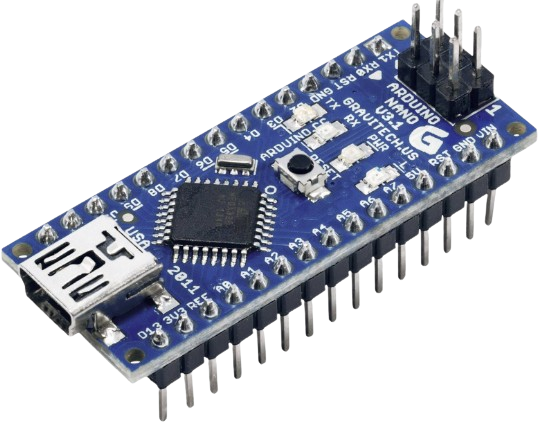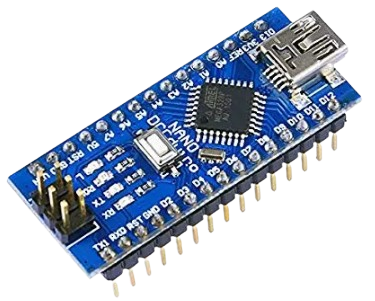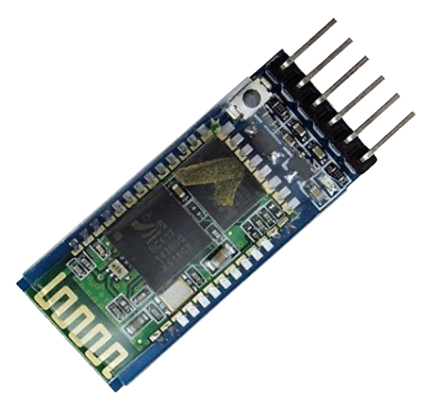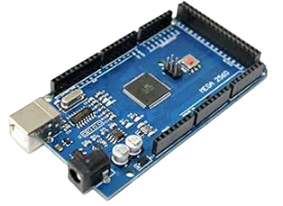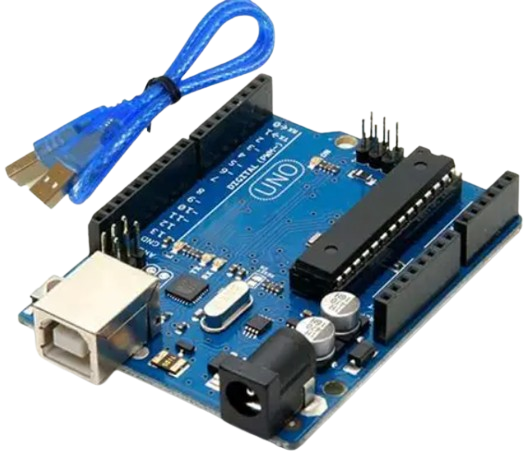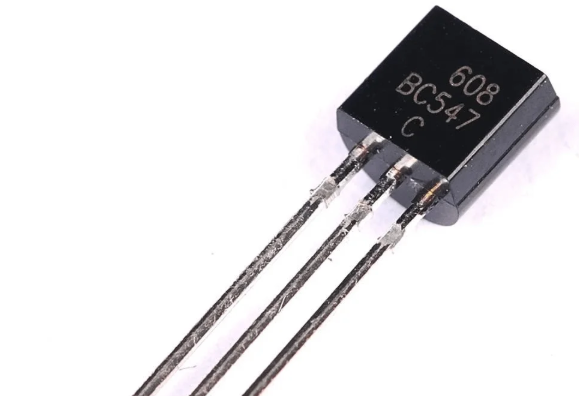🚀 New! Smart IoT Devices + Free Dashboard Access - Control Your Devices Online -
Access the RobuKits IoT Dashboard
*Product images are for illustrative purposes only. Actual product may differ from images. Please refer to the product description and specifications for details.
Arduino Nano – Compact ATmega328P Microcontroller Board for Embedded Projects
₹170.0
Prices include applicable taxes.
0 sold
Only 100 left!
Check Delivery Availability
The Arduino Nano is a small, powerful, and breadboard-friendly microcontroller board based on the ATmega328P. It offers the same functionality as the Arduino Uno but in a smaller form factor, making it ideal for compact projects. With its USB connectivity, multiple I/O pins, and support for Arduino IDE, the Nano is perfect for beginners, hobbyists, and professionals working on electronics, robotics, and IoT projects.
No reviews yet. Be the first to review!
Product Specifications
| Specification | Details |
|---|---|
| Microcontroller | ATmega328P |
| Operating Voltage | 5V |
| Input Voltage (recommended) | 7–12V |
| Input Voltage (limits) | 6–20V |
| Digital I/O Pins | 14 (6 PWM outputs) |
| Analog Input Pins | 8 |
| DC Current per I/O Pin | 40 mA |
| Flash Memory | 32 KB (ATmega328P) – 2 KB used by bootloader |
| SRAM | 2 KB |
| EEPROM | 1 KB |
| Clock Speed | 16 MHz |
| USB Interface | Mini USB or Micro USB (depending on version) |
| Dimensions | 18 mm x 45 mm |
Key Features
- Compact, breadboard-friendly design for space-saving projects
- Fully compatible with Arduino IDE and libraries
- 16 MHz clock speed for fast processing
- Multiple analog and digital I/O pins for versatile connectivity
- Onboard USB interface for easy programming and communication
- Can be powered via USB or external adapter
- Ideal for portable and embedded applications
Applications
- DIY electronics projects
- Robotics and automation systems
- IoT (Internet of Things) devices
- Wearable electronics
- Prototyping embedded systems
- Educational and STEM projects
Frequently Asked Questions
Yes, it can be powered via VIN pin using a battery within 7–12V range.
Yes, it is fully compatible with the Arduino IDE across multiple platforms.
Both versions are available—original offers official Arduino branding and support; clones are cost-effective with similar functionality.
Older versions use Mini USB, while newer models may use Micro USB or USB-C.

